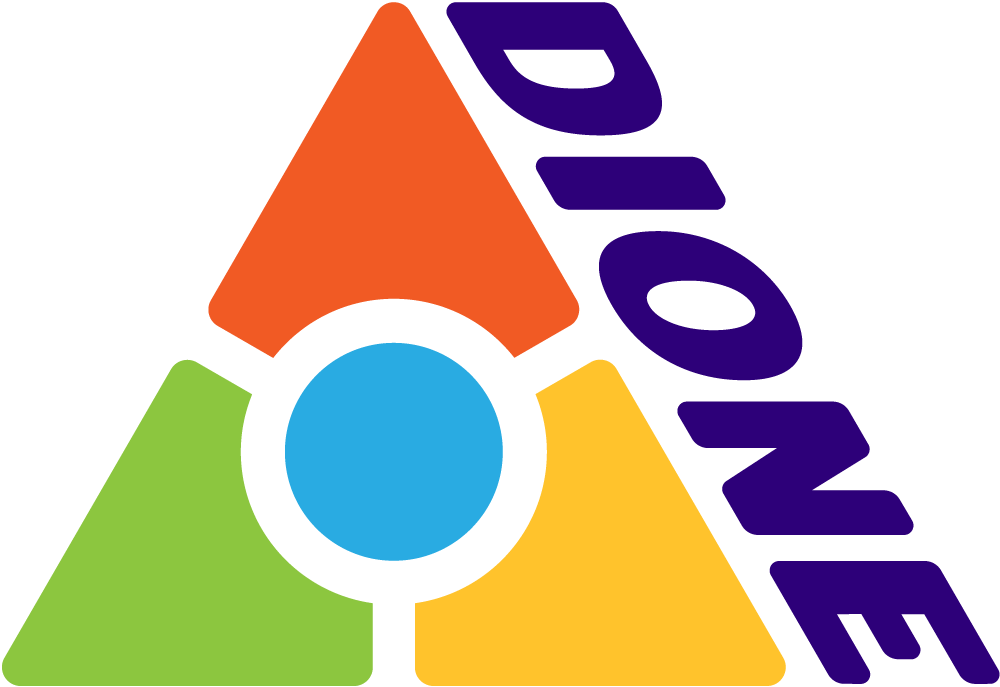Short info
The project DIONE addressed two issues that have been on the agenda in the situation with corona-conditioned low mobility and international cooperation: The digitalisation of university teaching and the development of alternative internationalisation formats. In a nutshell, we have been developing short-term virtual teaching cooperation formats aimed at acquiring a wide range of digital competences.
Finished outputs
Read our WHITEPAPTER on Micro-Collaboration!
Browse through our PLATFORM of Open Educational Resources!
Check out our proposal for a RESEARCH COMPETENCY FRAMEWORK!
Download the TEACHER MANUAL with all the information you need to get started!
Background
The digitalisation of teaching in conjunction with the quality requirements for academic education poses great challenges for individual teachers. Especially in the humanities, the range of available digital teaching content is very limited.
Likewise, the internationalisation of teaching and the European integration through student exchange is a major task for the universities. Mobility rates are to be increased, especially in the context of educational networks such as the European University Alliances but restrictions are imposed by the pandemic in the medium term and by necessary reactions to the climate crisis in the long term.
Don’t want to miss any news?
Our idea
We wanted to:
- Create open educational content that addresses selected topics and specific digital competences in the humanities and their critical evaluation
- Develop a multilingual, pluri-cultural, multi-perspective inclusive learning environment
- Enable and encourage teachers to use digital teaching methods and to produce open materials themselves.
- Develop a concept that enables the course contents to be used as a pivot for joint international virtual teaching within the scope of short study projects
- Provide consistently output and competence-oriented open teaching contents in order to strengthen the teaching quality
What we did
DIONE will developed open teaching collaborations in an international and interdisciplinary network within the humanities. These address selected topics in the humanities in combination with digital research methods. Furthermore, the critical evaluation of digital data and methods is a core element of the courses.
The developed micro-collaborations are offered in several digital formats and teaching formats. This increases the applicability on the part of teachers and ensures inclusive access. In addition, the micro-collaborations contain units that are directed at the digital competences of the teachers themselves. The micro-collaborations thus offer important digital, topic-specific and thus concrete, application-oriented competences on three levels: digital research methods for students, digital key and teaching competences for teachers and critical digital literacy.
The micro-collaboration kits are multilingual and include examples of practice or application from different European cultural, linguistic, political or historical contexts researched by the partners.
Micro-collaborations mean that teachers at two different universities use the multilingual content and formats of the open courses to enable their students to collaborate virtually with the students of the partner university for the duration of these courses. Since the courses are shorter learning units, integration into the ongoing teaching can be achieved flexibly.

Cooperation between Belgrade and HU Berlin on language minority policies

5-week virtual collaboration between students from Oslo and UCLouvain on Construction Grammar approaches to morphology
Whith whom we are working
Our project is primarily aimed at teachers. Through our open educational content, we would like to assist you in planning your teaching. We want to support you in developing your own digital competences with regard to selected research areas and in virtual teaching. And we would like to support you in providing the best possible education for your students.
We also see ourselves as a pilot project for the European universities that are just emerging. Four of the consortium partners are part of Circle.U and we are happy to bring our ideas for seamless internationalisation to this network.
